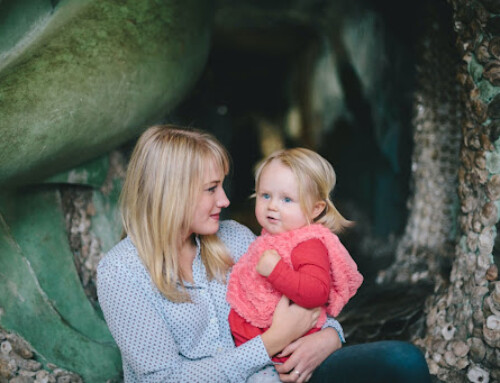Spring Break is quickly approaching. If your year has gone anything like mine has then you are probably ready to slow down your daily routine of work, school, sports, homework, parties and testing. So for the spring break you may be tempted to just sit back and relax and let the week pass you by, but this is a week where you can (hopefully) spend some extra time with your little ones. Even if you still have to work, you may have some free time that you may not have over the regular school year. Below are a few activities divided by ages that you may want to try over this spring break:
Ages 2-3
-Go to a splash park
-Go to the zoo
-Build a fort with a refrigerator box or a bedsheet and furniture
-Go to the library for story time
-Try going to an indoor playground
Ages 3-5 (You can do all of the above plus…)
-Have an indoor treasure hunt
-Go to the movies
-Have a play date with other children your child’s age
-Have a tea party
-Go to the beach
Ages 6-12
-Have a scavenger hunt
-Make a movie where you write a story and shoot it on your phone
-Go to a new park and have your child take pictures documenting their day
-Have a game day/night where you turn off all electronics and the television and play board games.
Enjoy your spring break. Try some of these activities over your break and enjoy your time with your children. You will be glad you did.















Leave A Comment
You must be logged in to post a comment.